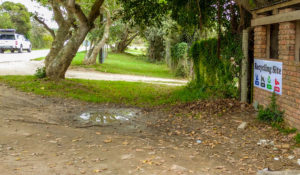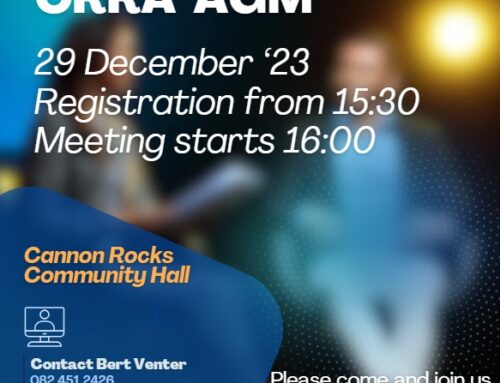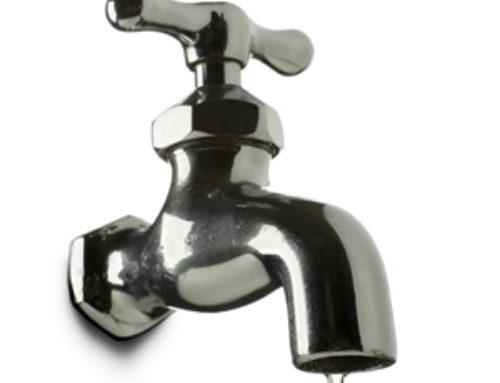Recycling drop off in Bokness
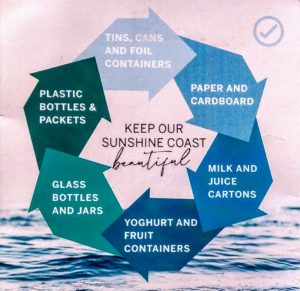
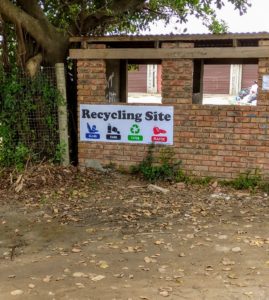
It is with great excitement that we welcome back a recycle drop off point in Bokness.
It should be common knowledge by now that waste is a problem in the world. Recycling has become everyone’s responsibility to bring this worldwide and local crisis under control. It is no longer a choice anymore, it’s a duty.
Recyclable waste should be placed in see through bags and dropped off at the Bokness recycling drop off site. The site is 100 meters from the Stop street as you enter Bokness village on your left.
Here are guideline to help you sort your waste.
RECYCLABLE WASTE:
CANS: Beer cans, cooldrink and food cans, tin foil containers as well as aerosol cans and tin lids.
CARDBOARD: Any cardboard boxes, including milk and juice cartons.
PLASTICS: Drink bottles, wrapping, bags, yoghurt containers, fruit & veg containers, milk and juice containers, bottle tops, detergent bottles and chip packets.
GLASS: Glass bottles and jars.
PAPER: White office paper, books, shredded paper, old invoice books etc.
STEEL: Light metal.
WASTE THAT IS NOT RECYCLABLE
CANS: Paint tins, catering tin foil.
CARDBOARD: Banana box lids (no waxy cardboard).
PLASTICS: Polystyrene, black bags, pvc (for instance: garden furniture, gutters etc), plastic paint containers, crates, buckets.
GLASS: Light bulbs and fluorescent tubes, window and automotive glass, drinking glass.
PAPER: Empty cement bags, magazines, brochures, newspaper, potato bags, stickers, carbon paper, laminated and wax paper as well as used tissues.
OTHER: Disposable nappies, batteries, food leftovers, Pyrex, ceramics, electronics or parts thereof, anything made of wood, rubber and fabric.
There are many reasons to recycle in fact they are all positive. There are no disadvantages to recycling. The advantages of recycling are for example:
- Diverts waste away from landfills thereby prolonging the lifespan of landfill sites.
- Reduces litter and pollution, especially water pollution.
- Helps decrease greenhouse gases that contribute to global warming and climate change.
- Decreases the depletion of our natural resources (timber, water and minerals), thereby conserving them.
- Saves energy.
- Creates sustainable job opportunities and grows the economy (increases economic security).
- Protects wildlife.
- Recycled materials generally cost less. Products made from these are less expensive
